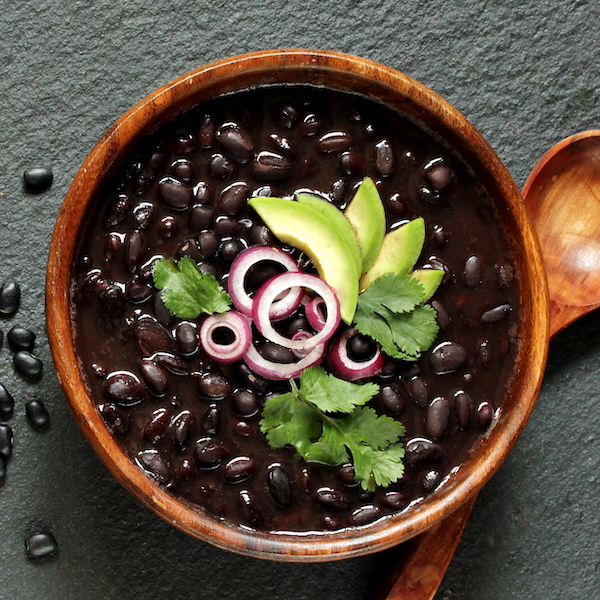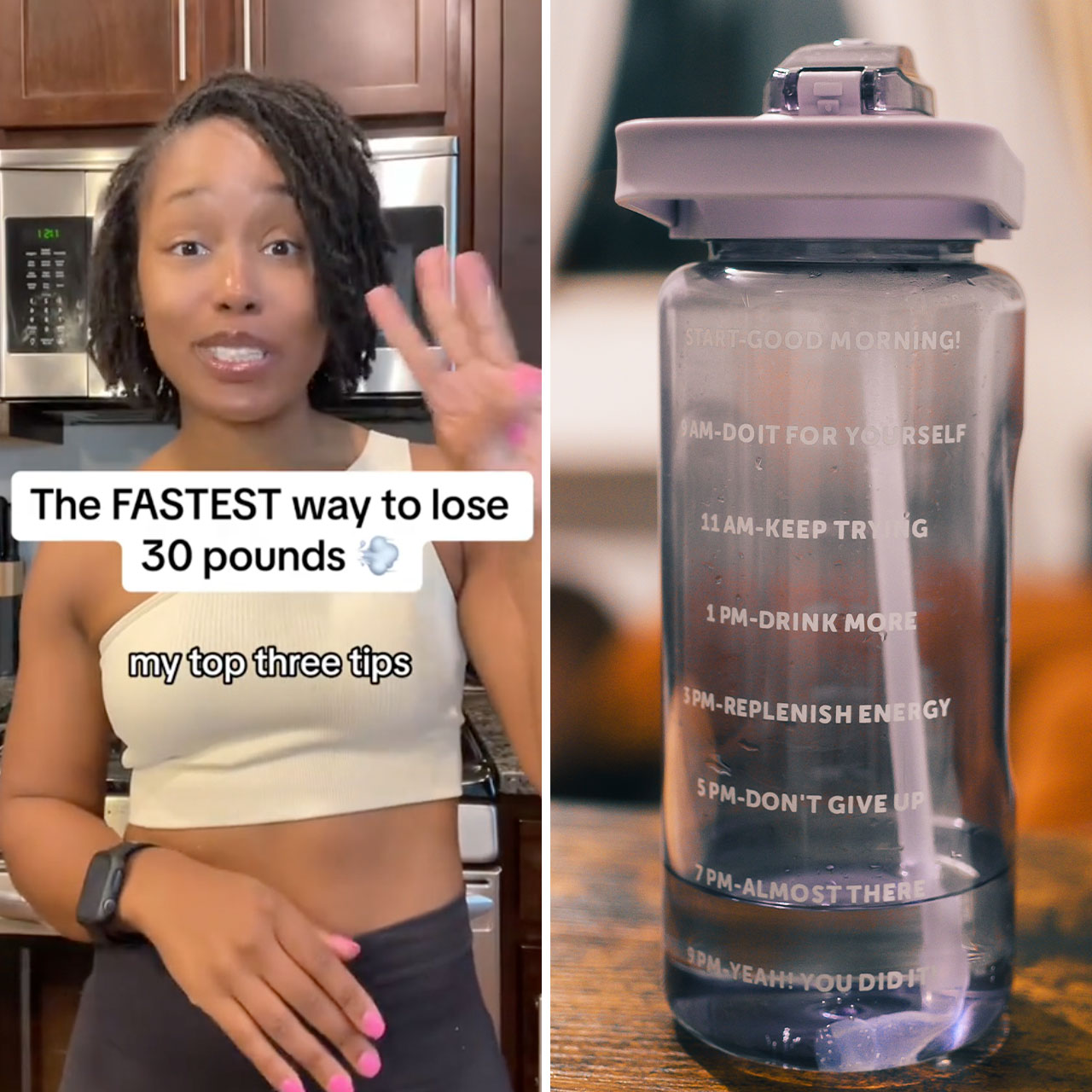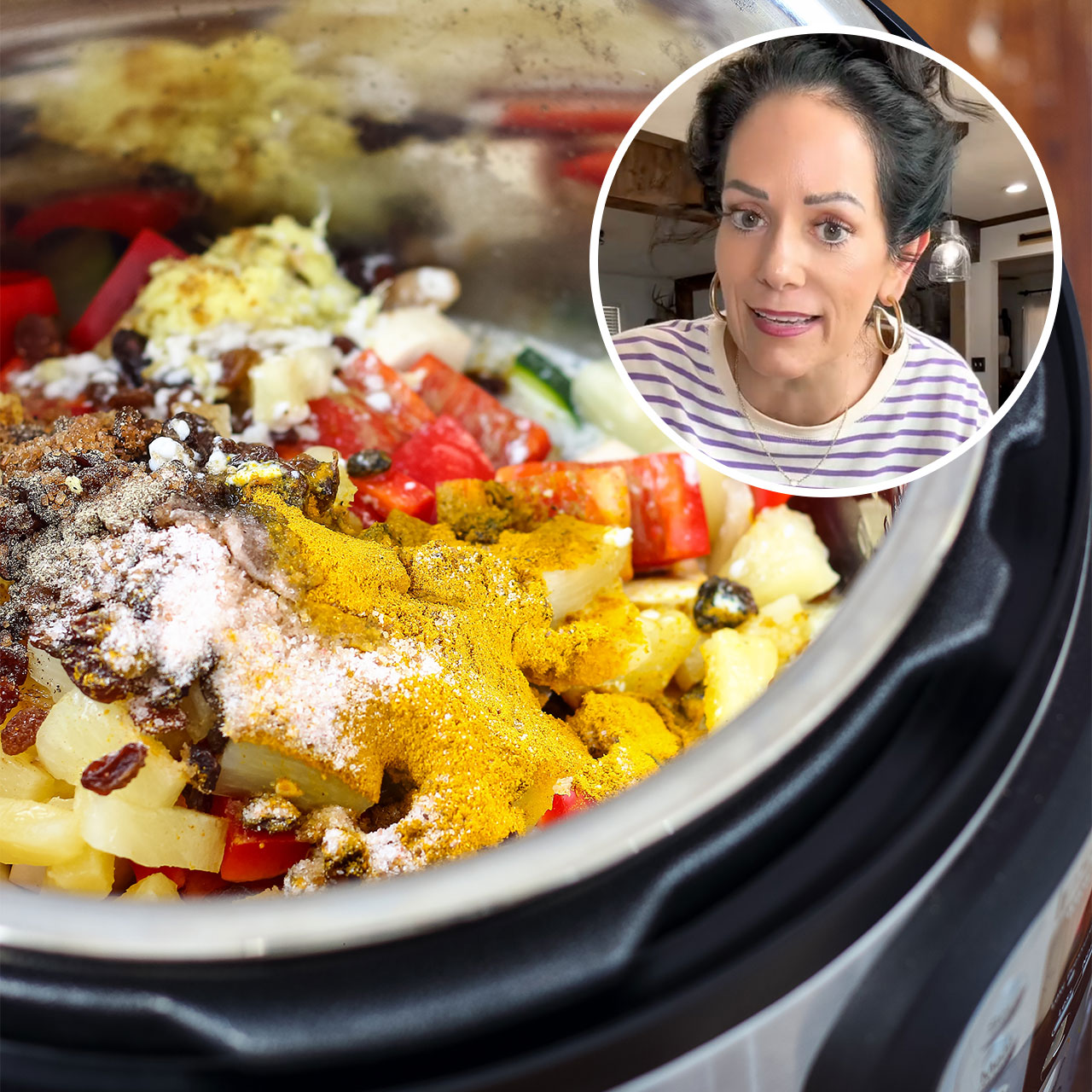This is an archived article and the information in the story may be outdated. Please check the time stamp on the story to see when it was updated last.
Although it can be a normal part of digestion, bloating can be frustrating, especially when it happens regularly. Beyond hurting your confidence, it can be accompanied by a number of digestive symptoms, most commonly an uncomfortable feeling of fullness. If you experience chronic bloating, it could be a sign that something in your digestive tract has gone awry—if you notice bloating more than normal, it is important to look closely at your lifestyle and get to the root cause.


The first step in doing this, according to Kimberly Gomer, MS, RD, LDN, Director of Nutrition at Pritikin Longevity Center, is looking at what you’re eating. “Usually we can look at a person’s diet for the answer. It may be intolerance to dairy and/or gluten. Both of those foods can cause inflammation and bloating in some people,” she says, “The other possibility is adding too much fiber too quickly or just general digestive intolerance to too much fiber.” Fiber has a number of health benefits, including regulating blood sugar and aiding in weight management. But, just like any other food, too much of one thing can lead to trouble.
How do you find out if you have an intolerance to one or more of these foods? “All of these issues can be eliminated one by one – not all at the same time to see the culprit,” Gomer says, “Additionally, folks with IBS, Crohns, and colitis, and others with sensitive digestive issues, may also be at risk for an intolerance.” Eliminate each food, one at a time, for 2 weeks and see if you experience discomfort.
How you’re eating certain foods may also play a role, even if you aren’t sensitive to them. Canned foods are often considered a time saving healthy option when meal prepping for the week ahead or cooking in a hurry. However, when you eat any food that isn’t fresh, you run the risk of getting additives you didn’t ask for, and they could have negative effects. “The main issue is what was added to the foods when they are put in the can. For example, a can of tomatoes with 1 ingredient, tomatoes, that’s a good choice. But many times salt is added for both preserving and upping the flavor.” While nutritionally the food is the same, there are lots of things added to it for both preservation and taste, most commonly sodium. Excess sodium in your diet can cause you to retain water, which leads to bloating as a result. Read ingredient labels of the canned foods you get closely, and when possible, go for low sodium options of your favorites.

As mentioned previously, excess fiber could be a contributor to digestive discomfort, so if there is a canned food that’s causing your trouble, it’s most likely beans. Beans and legumes are some of the healthiest foods you can eat, as they’re rich in crucial proteins and nutrients like folate, iron, zinc, magnesium, and of course fiber. They have also been linked to reducing blood pressure, regulating blood sugar, and lowering cholesterol. However, they are high in carbohydrates, particularly one called oligosaccharide, which our bodies don’t digest very well. Along with sodium, oligosaccharides can collect in the water canned beans are soaked in, which can lead to that bloated feeling. An easy fix to reduce this is to rinse canned beans carefully before eating or cooking with them. This will wash away excess sodium and oligosaccharides, and in turn make them easier to digest.
The perfect diet for you is extremely individualized—everyone’s body chemistry reacts to food differently. But, if you struggle with chronic bloating or are more susceptible to digestive issues in general, be sure to rinse off canned legumes before eating them, and watch out for excess sodium when grocery shopping. If you think something deeper is at play in your digestive system, be sure to consult with your doctor to make a treatment plan unique to you.


























